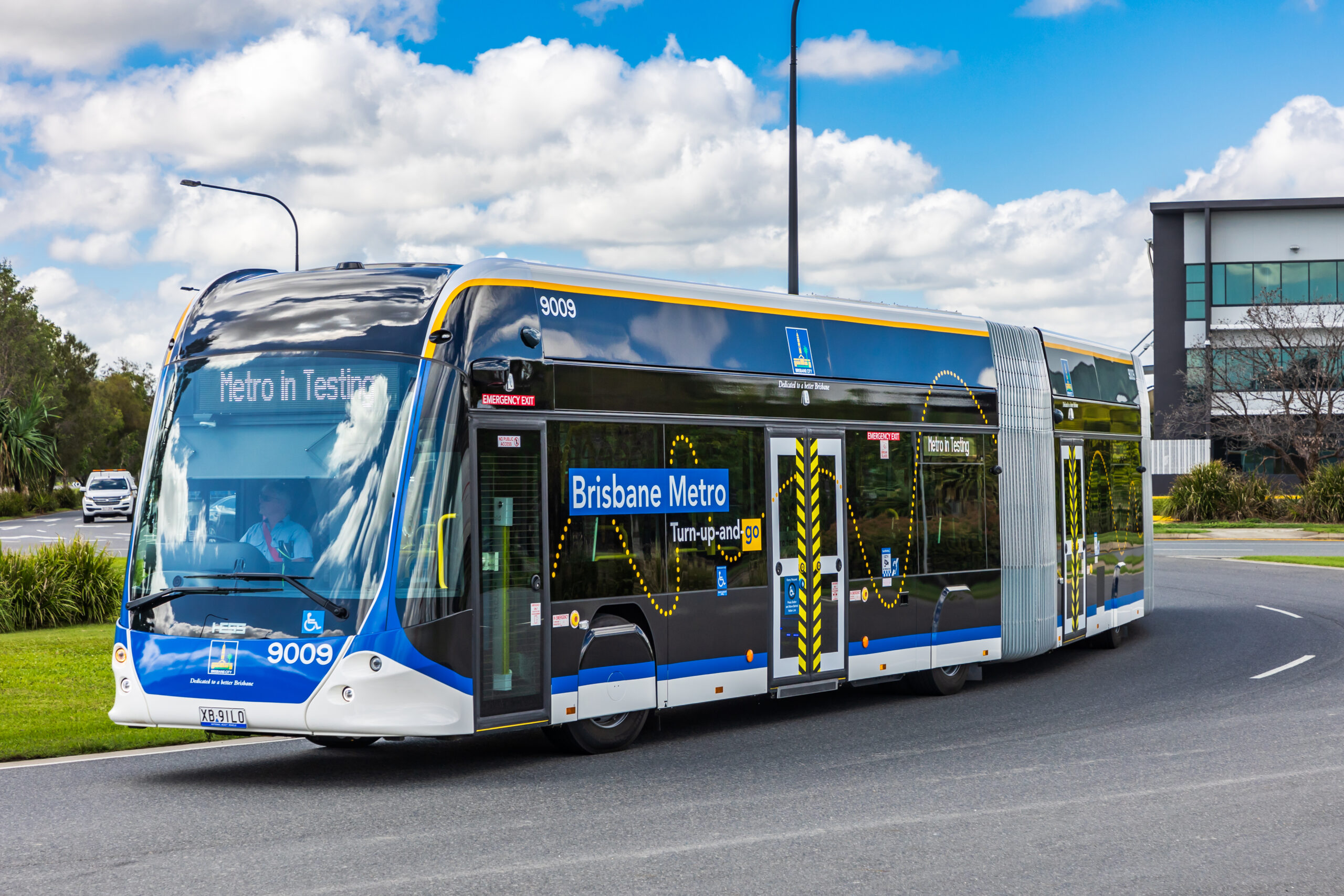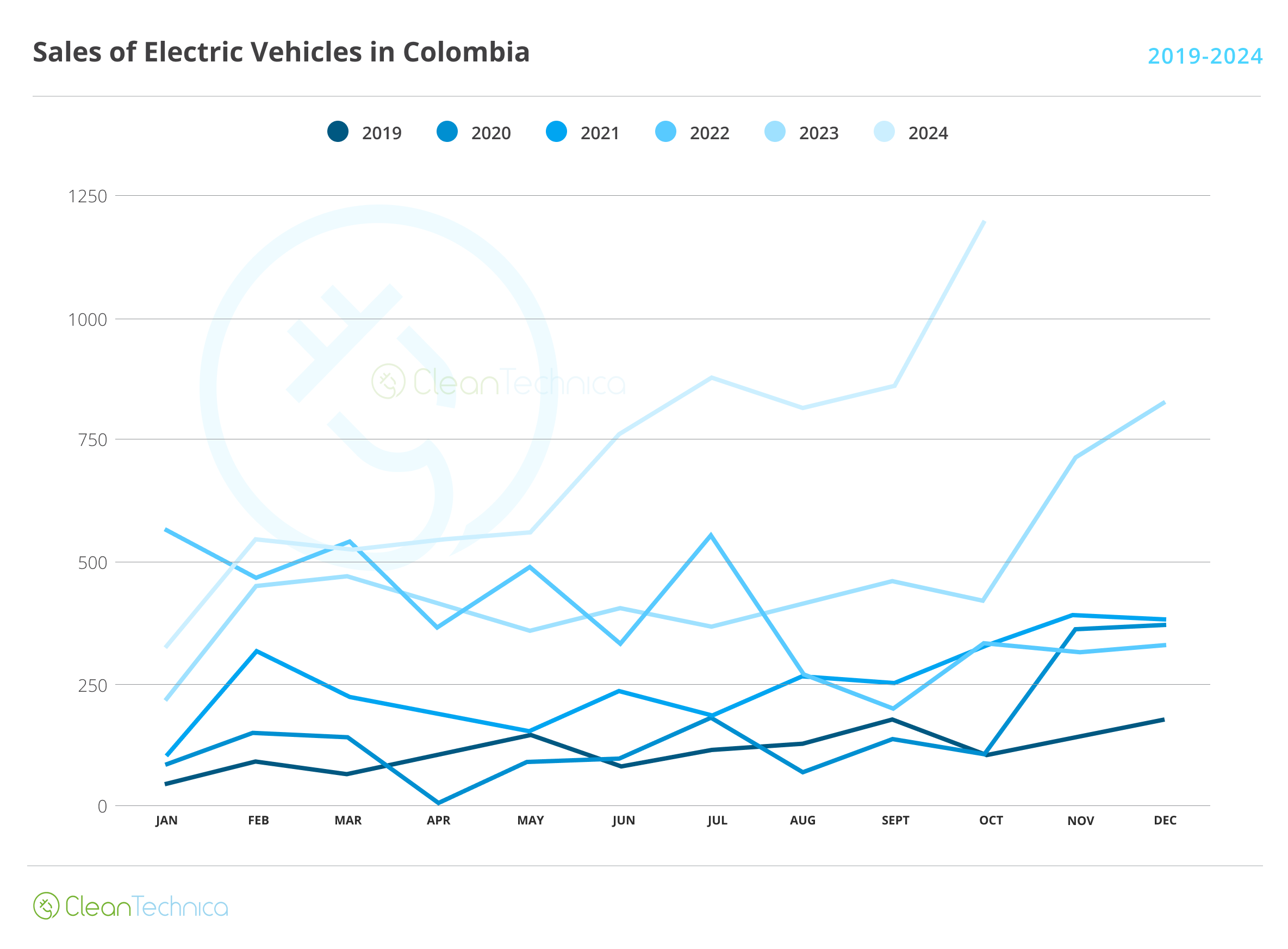This transcript has been lightly edited for clarity.
Tarandeep Singh Ahuja: Over the next decade, we’ll see procurement becoming a source of competitive advantage for organizations. Our research suggests mature procurement organizations can deliver as much as five percentage points higher EBITDA compared to the less mature ones.
The days of procurement being a transactional function or procurement people beating up suppliers to get some more cost savings are over. Increasingly, we are seeing procurement move into the space of being a source of bringing in innovation into the company from their supplier ecosystem.
Procurement will continue to step up its role in driving sustainability and ESG initiatives in organizations. How do you think about driving Scope 3 emissions reductions? How do you think about improving social license for organizations to operate in? And the role that organizations play in the community will become much more important.
Riccardo Drentin: [The time] before COVID was really about cost and managing the business as usual; now we see more and more boards of directors, CEOs, and executives asking for procurement to have a say in the big tables and managing much more responsibility. That hasn’t been done before.
We saw a great acceleration of digital in procurement in the past couple of years, thanks to the latest technology like gen AI. This allowed buyers and procurement professionals to take faster decisions more in depth, based on facts as well as bigger quantities.
Mauro Erriquez: There is a huge opportunity out there, which is AI and specifically the subset generative AI. I think the potential is by far still untapped.
Now there is far more than what can be done. This will require a lot of effort, looking at not only the whole data infrastructure but also the way procurement is run. And why can’t we think of a future in which gen AI is taking over a negotiation fully with some of your suppliers? That’s what’s happening already today, every day in a banking system where you have an algorithm negotiating with other algorithms and making transactions for some commodities. I think that’s going to happen, definitely.
Many of my clients are struggling today with finding talent. It’s not something that is delegated to an HR department. It’s going to be a CPO priority, because only with the right talent can you win the next ten years.
How have the expectations of CEOs for CPOs evolved, and how can CPOs step up?
Mauro Erriquez: In many parts of the world, the economy is not growing as expected or is even shrinking. And that’s the reason why procurement is required to go back to the roots and really focus a lot on savings and cost improvement.
There is an expectation that through gen AI or AI in a broader sense and a green transformation, big value can be created. But this only works if CPOs contribute with the sourcing of energy and sourcing of greener material while at the same time keeping an eye on cost—as we said before, smart, affordable decarbonization.
Riccardo Drentin: It’s key that in the next three to five years, procurement functions adopt the latest technology at the full scale and extent to achieve the maximum impact. And there is the evergreen topic of expanding the role of procurement beyond cost. Being seen as the point of contact for resilience and sustainability topics will help CPOs meet CEOs’ and boards’ expectations in the future.
Tarandeep Singh Ahuja: It is a real opportunity for CPOs to start to think much more strategically, take the lead in their organizations in terms of strategy, in terms of execution of the strategy, in terms of the adoption of digital and analytics.
My vision for CPOs is for them to become the natural successors of CFOs and even CEOs. I would love to see a world where more and more CEOs are ex-CPOs and bring a procurement and commercial excellence capability.



